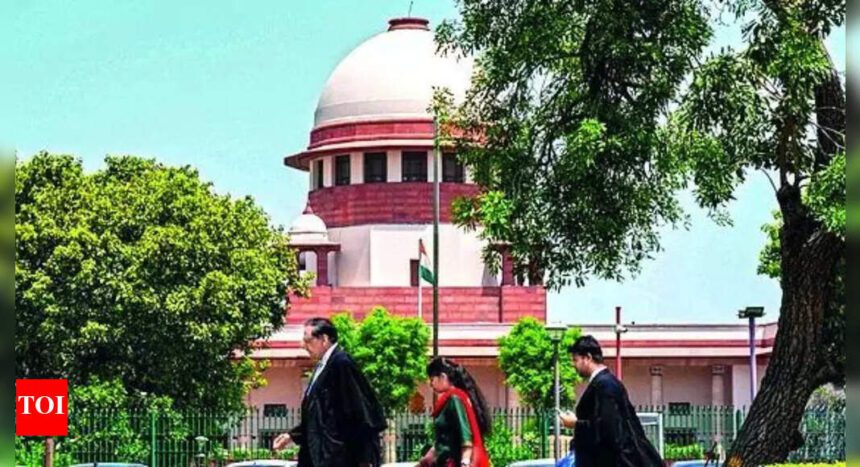The Supreme Court of India has underscored that criminal law should not be misused as a means for personal vendettas or to settle civil disputes. This statement was made while quashing a first information report (FIR) that had been lodged over two decades ago concerning allegations of cheating in a land transaction. Justices B.V. Nagarathna and R. Mahadevan criticized the growing trend of using FIRs for settling personal scores, stating, “In recent years, the machinery of criminal justice is being misused by certain persons for their vested interests.”
The court’s decision follows a prolonged legal journey, with the Jharkhand High Court taking 15 years to dismiss a plea for quashing the FIR, and the Supreme Court an additional six years to overturn this verdict. Justice Nagarathna emphasized the judiciary’s responsibility to remain vigilant against such misuse of criminal law, highlighting that the proliferation of unfounded charges “creates significant divisions and distrust among people” and imposes a strain on the judicial system, especially within criminal courts.
The bench specifically admonished the complainant for failing to substantiate the charges against the accused, cautioning that such actions could have damaging societal implications. The court articulated that not every breach of trust constitutes a criminal offense without demonstrable evidence of fraudulent actions. Furthermore, it noted the High Court’s duty to step in when the continuation of criminal proceedings could be deemed an abuse of the legal process or when the matter at hand is fundamentally civil in nature, artificially colored by criminal perspective.










